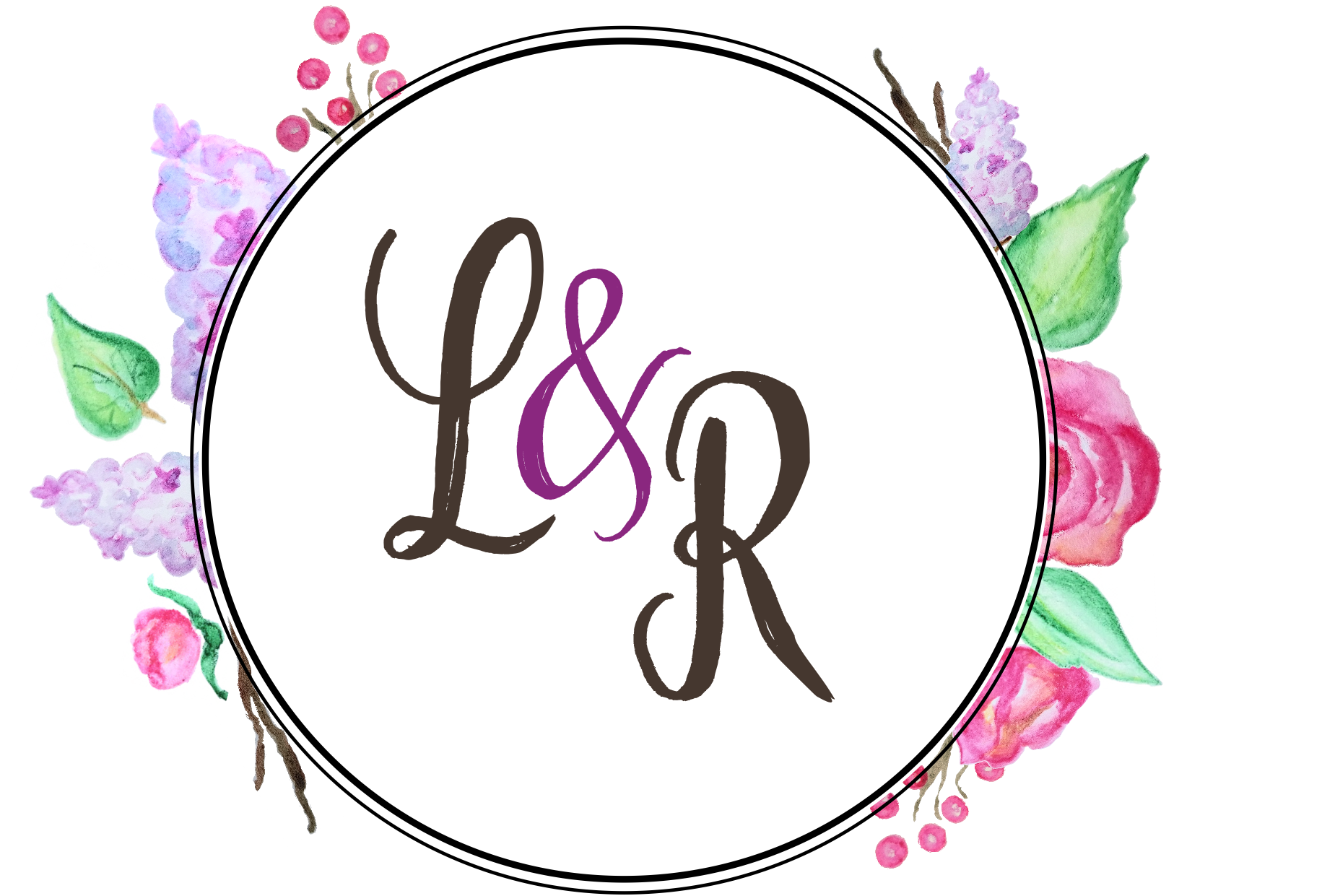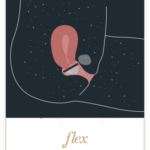Postpartum Anxiety

Here is my ode to all of the moms that helped me through postpartum anxiety. Because, let me tell you, it was no joke. And I wouldn’t have made it through with a happy and healthy family life if it weren’t for my support team.
First, to my mom:
Who gave me guidance and direction without ever being judgmental or pushy.
To my mother-in-law:
Who encouraged me that taking care of myself was necessary before I could take care of a new baby.
To the moms that supported me through breastfeeding:
Who told me that, actually, breastfeeding isn’t always natural and easy. Actually, sometimes it is harder (and lasts much, much longer) than childbirth.
To the moms at the support groups that were okay with not having it all together:
Who showed up shamelessly with buttons misaligned and sockless babies. Because new motherhood is hard, and it is made even harder by mental health issues like postpartum depression or postpartum anxiety.
To the moms who did have it all together:
Who reminded me that there is another side to this struggle where eventually all of your kids do show up wearing socks and without food on their face. I needed to see the light at the end of the tunnel.
Finally, to my husband:
Who didn’t give a hoot about what duties were “mom’s duties” in stereotypical society and stepped up to changing diapers, giving baths, and waking up all night to help with feedings.
Postpartum anxiety can feel like many things. For me, it was a constant loop in my mind of playing out the “worst-case scenario” of each moment. Sometimes that was realizing that my baby could just stop breathing without warning in her sleep; sometimes it was envisioning (not fantasizing, but rather being haunted by) someone holding my baby and tripping and dropping her on her head; sometimes it was assuming that I would literally just starve to death, because food tasted like dirt to me.
Anxiety is Like Pain
I talk to my patients all the time about how pain is a warning signal to the brain. It makes your brain pay attention and take action. So, if your hand is dangerously close to a hot stovetop, you will feel that, interpret it as pain, and pull your hand away. But what if you get that same burning pain when you are NOT near a hot stovetop? Or if your back is in terrible pain every time you do something as safe and simple as bending forward? That pain is no longer serving you as a warning signal. It is “maladaptive.” And you have to take caution in how that pain dictates your actions, because it could keep you from doing a lot of good stuff!
Similar to that, anxiety is meant to be your warning signal that something is not right or safe. It should turn on when you notice someone coming up behind you in a dark parking lot so that you take action and veer into a store. It should NOT signal you when you are sitting in your living room holding your baby or driving in your car on a peaceful, sunny day. This anxiety is no longer serving you. It is hindering your life and can keep you from being able to go out or enjoy your time with your baby.
What can you do for Postpartum Anxiety?
Seek HELP from your doctor
My experience with my 6-week postpartum check was that they mainly wanted to make sure I hadn’t pulled all of my hair out and that my cervix was still in my vagina (and I actually really LOVE the clinic I go to!). But your doctor’s office should have more resources for you, if you need them! It doesn’t matter if it is only two weeks post-delivery. Call them up and ask for help, if you are concerned about your mental (or physical) health.
Seek support from your community
I had a wonderful support system that did a lot to carry me through. But if you don’t feel you have enough, seek a support group. I would also recommend seeking help from a community group like your local church. Although going to church doesn’t automatically mean that a person is a saint, it seems that the odds are in your favor to find a group of people that want to support members of their community. I know one church local to me that has a mom’s support group that they host; I know of another that holds events to support and pamper single moms. So reach out.
Take time for self-care
It is true that you can’t pour from an empty cup. So fill your cup up with self-care like baths, exercise, quiet time, and good nutrition. Your body and mind will thank you for it when you need to get up multiple times in the night with your new little one. I have written previously about how critical self-care is to postpartum recovery.
Be honest
This was the hardest for me, because it was so out of my character to feel like I needed a lot of help. But the truth is that I was not my normal self, and anxiety was really clouding my ability to live. So when people asked how things were going, usually I lied and said, “Oh, things are pretty good. Just not getting much sleep.” Of course, sometimes this response is just fine. We don’t have to tell our deepest, darkest secrets to every neighbor we pass by on the sidewalk.
But I truly never regretted a single time that I was honest and actually opened up to someone about how inadequate, fearful, or high-strung I was feeling. It seemed to be a rallying cry for my support circle to rise up. This wasn’t just my immediate family. It was my lactation consultant, my friends from church, and even our pediatrician who was keeping a watchful eye on me. So even if you don’t go around labeling it as postpartum anxiety, you can be honest and say that things are just not so great right now.
Conclusion
Some anxiety with having a new baby is normal to expect. While you learn how to care for a new little human, occasional anxiety will help you stay on your toes and make safe decisions, even when you are tired or your judgement is clouded. But postpartum anxiety that keeps you from leaving the house, sleeping at night, or being able to participate in your regular activities is NOT normal. Please don’t suffer silently. Seek help!





